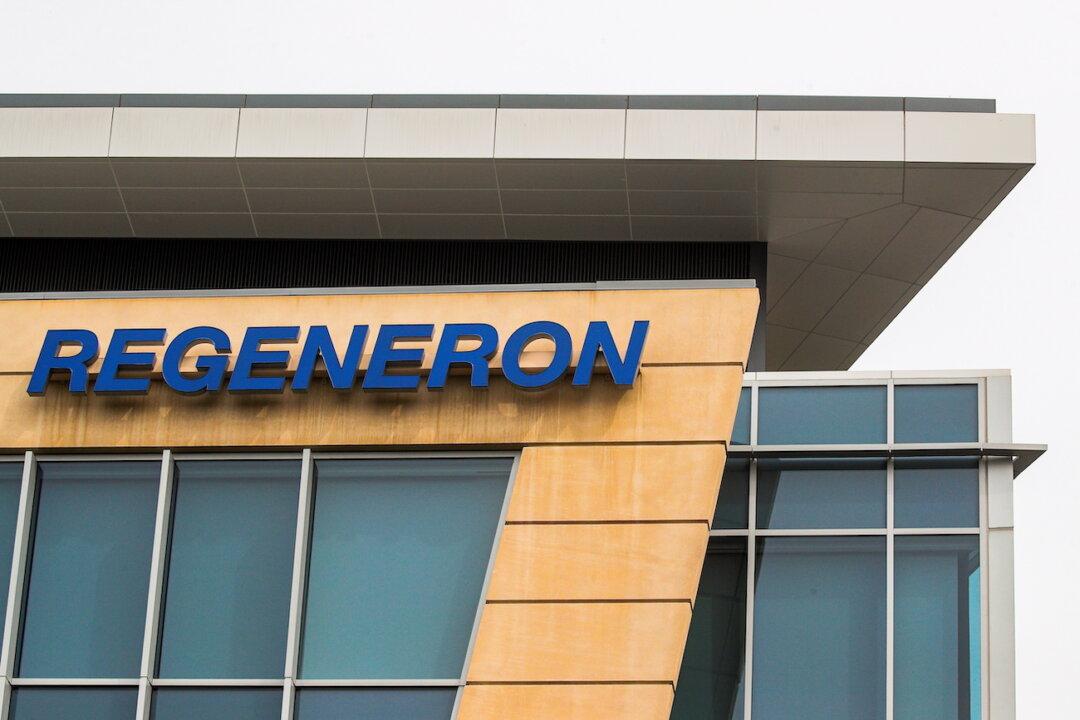Regeneron Pharmaceuticals is pursuing FDA approval for its antibody cocktail to be used as a preventative treatment for COVID-19 after its latest study showed positive results.
The company announced in a release that its phase three prevention trial for REGEN-COV—a combination of casirivimab and imdevimab—showed that the drug reduced the risk of symptomatic infections by 81 percent.




